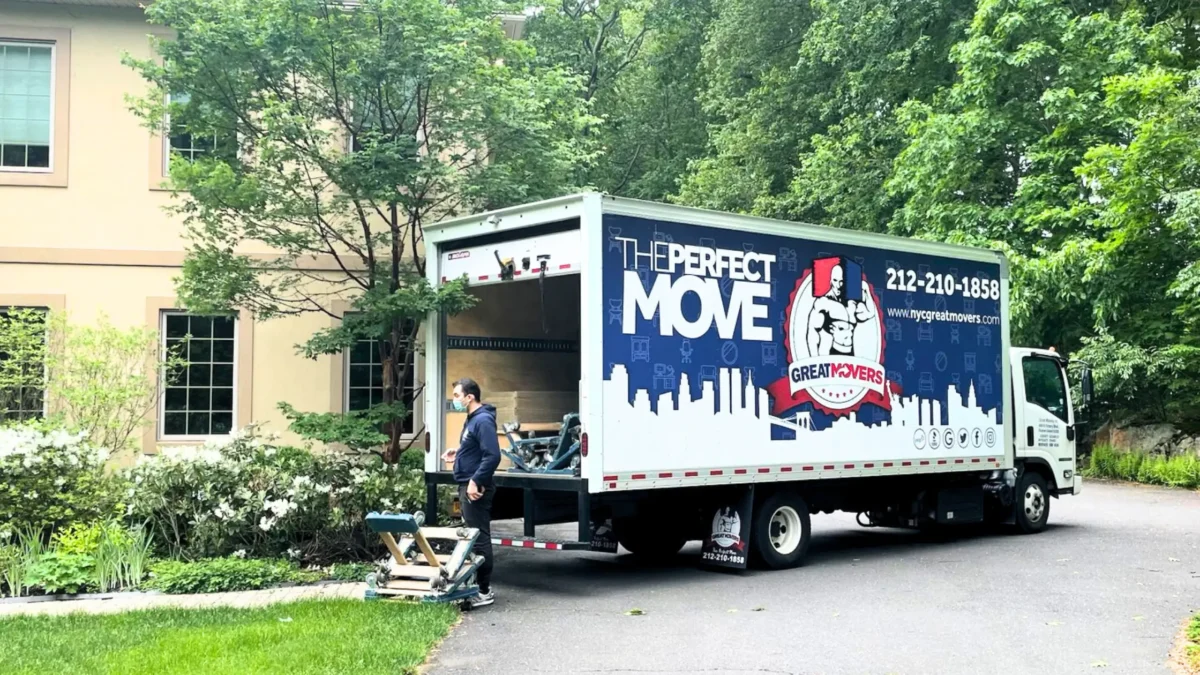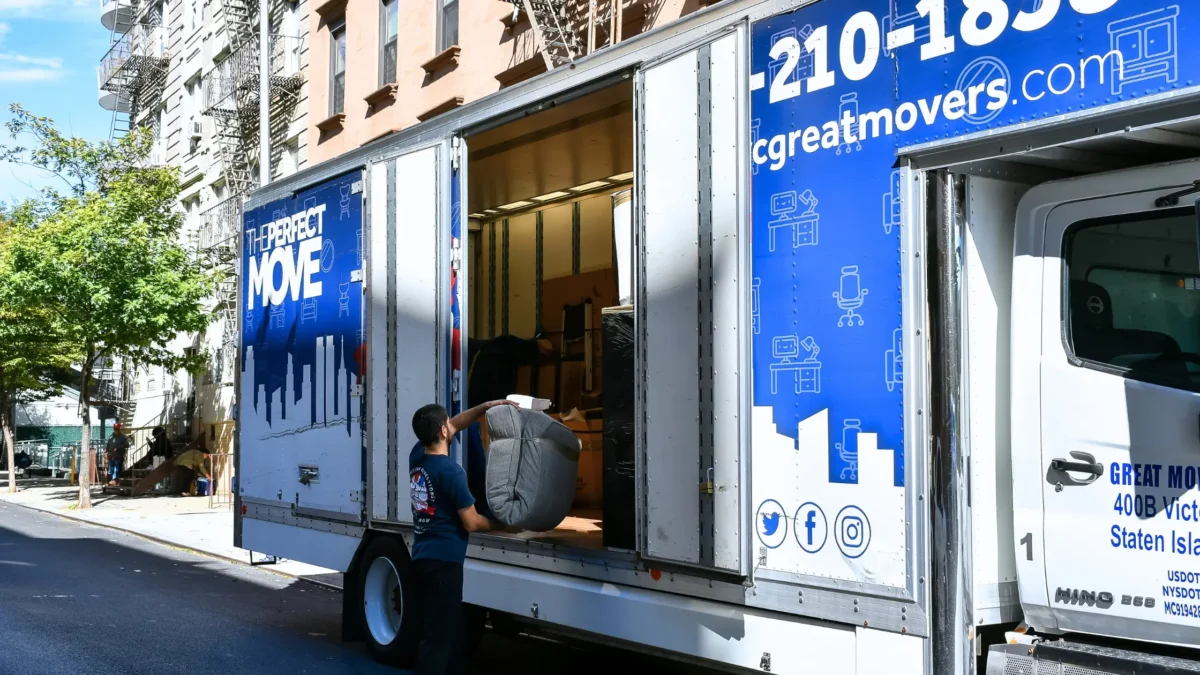Moving for a new job can be both exciting and terrifying. After all, it might mean moving to a new neighborhood or state! On top of that, you might not have much time between when you move to when you start your new job. Understanding the steps required for your relocation can simplify the process, which can make it easier for you and your family to adjust. So if you’re planning to move for your job, below are some important steps you need to take.
Seriously Consider the Effects of a Move
Whether your company is asking you to transfer to a new location or you’re looking for new opportunities, it’s important to create a list of considerations before deciding to relocate. While an increase in salary or benefits may sound like a great opportunity, there’s a lot more to think about before you make the move such as:
- Relocation expenses – do you have enough to actually purchase a new home and hire professional movers?
- Cost of living – a decent salary in a more affordable neighborhood might not go as far is you end up moving to a large city
- Impact on your family – will your kids have to start in a new school?
- Back up plan – what happens if the relocation doesn’t work out?
You should also write up a list of pros and cons of moving and then discuss the plan with your family. See how everyone feels and explain why you are considering a move.
Calculate Costs
While some companies offer relocation reimbursement, many do not. Before you sign the offer letter, always ask if the company can cover some relocation expenses. For example, some might pay for house-hunting trips before you move while others will provide a lump sum to encompass all moving related expenses. Not all companies offer help, but it never hurts to ask if there’s room for negotiation.
Your best bet is to research and calculate costs associated with your move and create a budget. That means reaching out to several different moving companies and getting a quote, complete with any add-on services you might need like storage, packing, unpacking, and so on. You can then present this amount to your company for help with reimbursement or, at the very least, as a starting point for your moving budget. Don’t forget to include other costs such as packing materials and new furniture.
Research Locations
Before deciding to move to a new neighborhood, take some time to actually check it out. What might seem good on paper might not be a great option in real life. Try to spend a few days if possible with your family and really get to know the area. Figure out how far away important places are such as your new job, your kid’s school, and the grocery store. You should also check for other amenities like parks, libraries, and museums.
If you can’t visit, do as much online research as possible. Check out the city government website or community forums to learn more about the nearby attractions. You can also check out the city’s social media page to see what happens daily. As well, check Google Maps and do a search for places of interest.
While you’re doing research on the city, don’t forget to look up the cost of living of the area. After all, an average salary in the midwest might not get you very far in a larger city in the northeast. You can generally find average costs for almost every location in New Jersey to see if your salary will be enough for the area you want to live. If you’re being transferred to a more expensive location, make sure to see if you can get an adjustment to your salary to match the cost of living.
Create a Budget
Whether your company helps with your NJ relocation or not, a budget is always a good idea to ensure you don’t overspend. When creating your budget, make sure to include everything including the cost of your closing fees, any repairs to your old house to make it more attractive in the real estate market, repairs to your new house, packing materials, new furniture, and more. While seeing such a large number might be daunting, it’s best not to leave anything out. Drill down as much as possible so you’re not blindsided by surprise costs.
Once you have a relatively accurate budget, find ways to offset the costs. Maybe you can host a garage or yard sale to sell some of the items you don’t plan on bringing with you. Or you can also find ways to get boxes for free. The more you can reduce your costs, the better!
Get Organized
Organization is important if you want to keep the moving process on schedule. Of course, there are the main tasks like selling your current place, finding a new home, packing, and so on. However, there are dozens of smaller things you’ll need to do like forwarding your mail, transferring your child’s school records if you’re moving to a new district, getting your utilities turned on at your new home, and more. Make a list of every task you need to do and put them in your calendar so you don’t forget them!
Besides creating a to-do list, make sure you also go through everything you’re keeping and create a detailed inventory. That includes jotting down a general description, total quantity, and a picture showing their condition. Most moving companies will require an inventory, but even if they don’t it’s good for you to have. That way, if anything gets lost or damaged, you have proof.
Choose a Moving Date
Obviously, you’ll want to choose a date before you start at your new job. If you plan it out just right, you should hopefully have a window of time between leaving your old job and starting your new one. Give yourself at least a few days or maybe even a week so you have time to unwind, unpack, and get used to your new home.
When choosing a moving date, consider the current season and how it might affect your schedule. Moving during the winter or early spring could mean you might have to deal with heavy snow, which can affect your move. This is especially important for long distance moves as inclement weather could add a day or two to the estimated delivery.
Move With NJ Great Movers
If you’re ready to relocate for a new job, let NJ Great Movers help you with all the moving related tasks. Besides loading and unloading the truck, we also offer other services like packing, unpacking, and storage. All you need to do is reach out to us and we’ll get in touch for more information.

